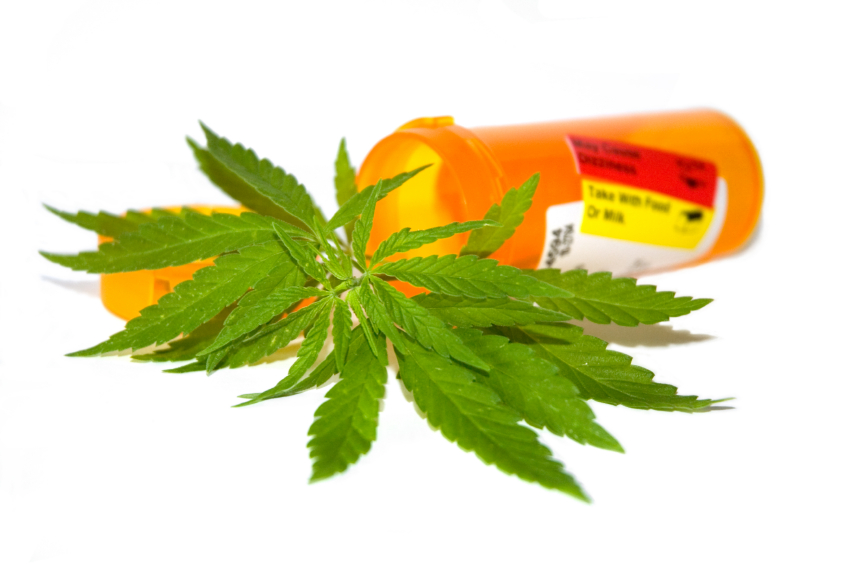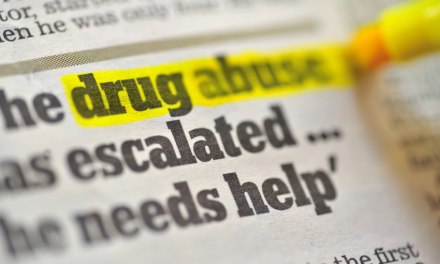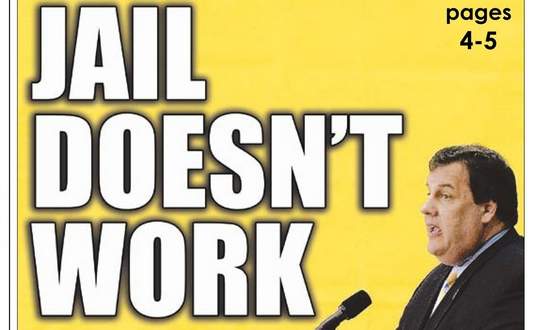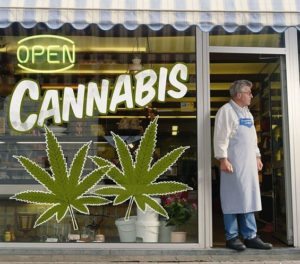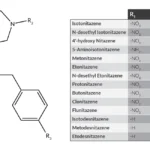Here’s something from a recent Washington Post on a DC medical marijuana clinic.
Medical practice isn’t supposed to work the way it’s portrayed in the article. The patient is intended to receive treatment only if it’s based on a diagnosis that has been confirmed by a thorough assessment prior to treatment. Here, the patient did nothing more than stand in line until he got the chance to answer a couple broad questions that led directly to a prescription. In fact, everybody got exactly the same prescription — something that ordinarily makes us suspicious.
If I walked into a physician’s office convinced I had had high blood pressure and he prescribed medication based solely on my belief without bothering with an assessment, that’d be malpractice. Everyone knows this. But pain is largely subjective, absent some clear medical cause, and that turns it into a subject for interpretation and debate.
There are physicians who believe the patient’s belief alone is sufficient to justify the prescription, and others who are convinced a more careful evaluation is required. The debate gets quite politicized. There’ve been periods where one side holds sway over the other, and that usually results in unintended consequences. With opioid medications, for instance. I recall the day the accreditation people demanded to know why our docs weren’t prescribing more opioids to patients at discharge. The surveyor cited research suggesting many addicts had unmet pain needs. What sort of assessment did you have in mind? I asked her, and she handed me a sheet of paper with some smiley face drawings. “Have them select the face that they think describes their pain,” she told me. “During detox?” I pressed, thinking that wasn’t necessarily the best time. “You don’t want to wait,” she affirmed. “There are unmet needs.”
“Yes,” I remember thinking, “and one of those unmet needs is to avoid more opioid use.” But an accreditation survey is never the place to make an issue, so I just nodded. I could imagine how many of those well-intentioned prescriptions would eventually wind up on the streets, sold outright or traded for heroin.
Marijuana is less risky than Oxy or Vicodin but the principle is the same: prescribing should be on the basis of demonstrated need, following a reasonably thorough assessment. It shouldn’t be like standing in line for the Powerball. That sort of thing makes a mockery of healthcare, which is mock-able enough already, given the elaborate politics of providing care in today’s USA.

